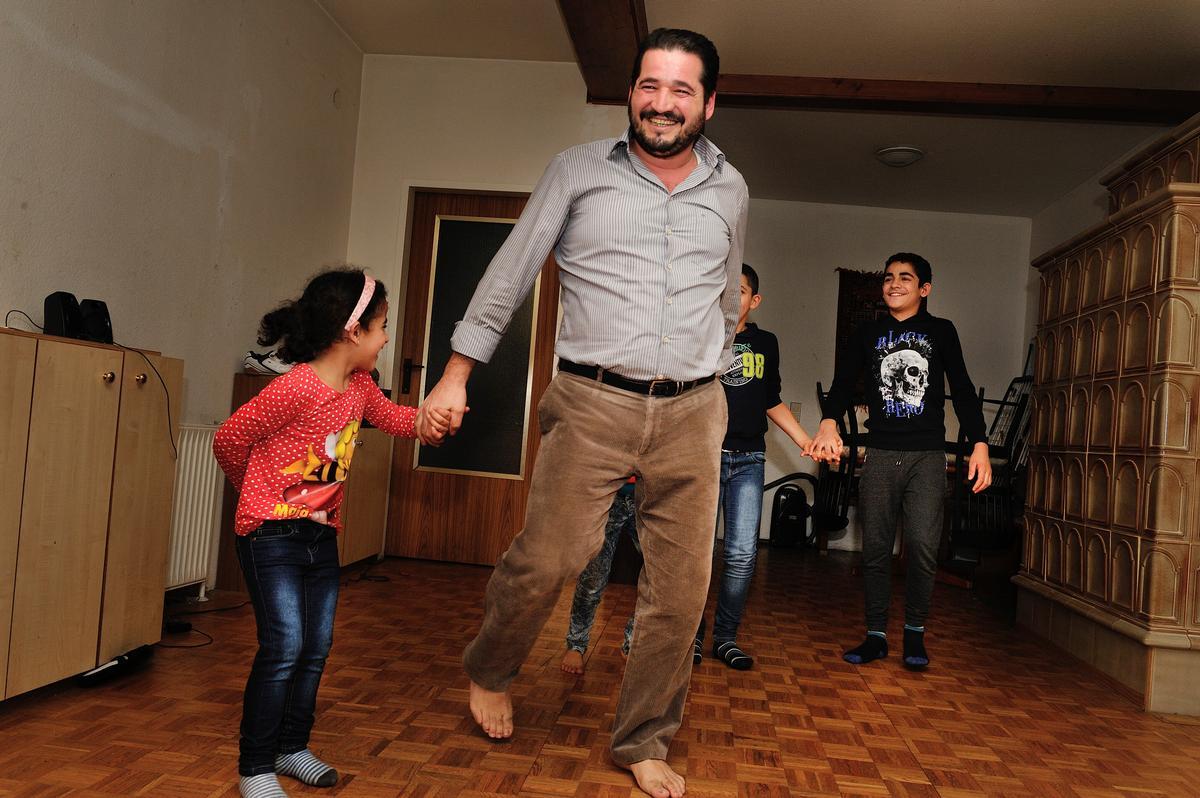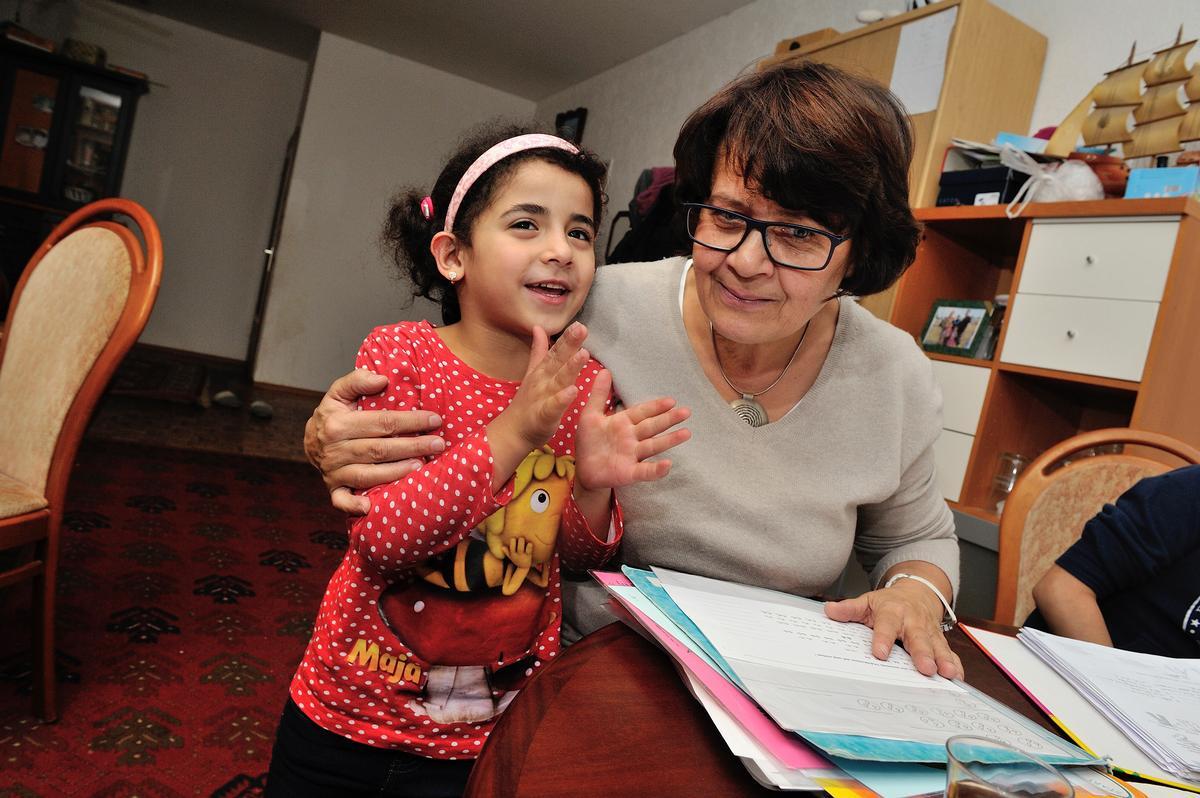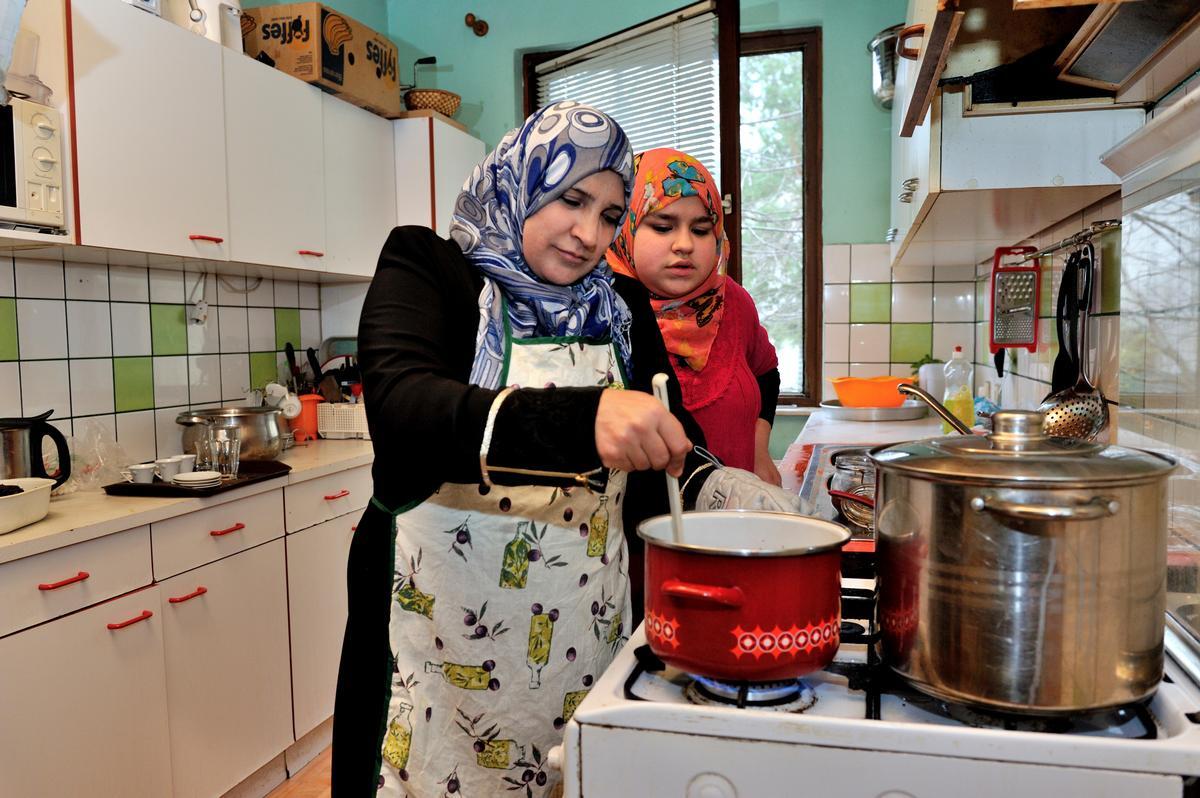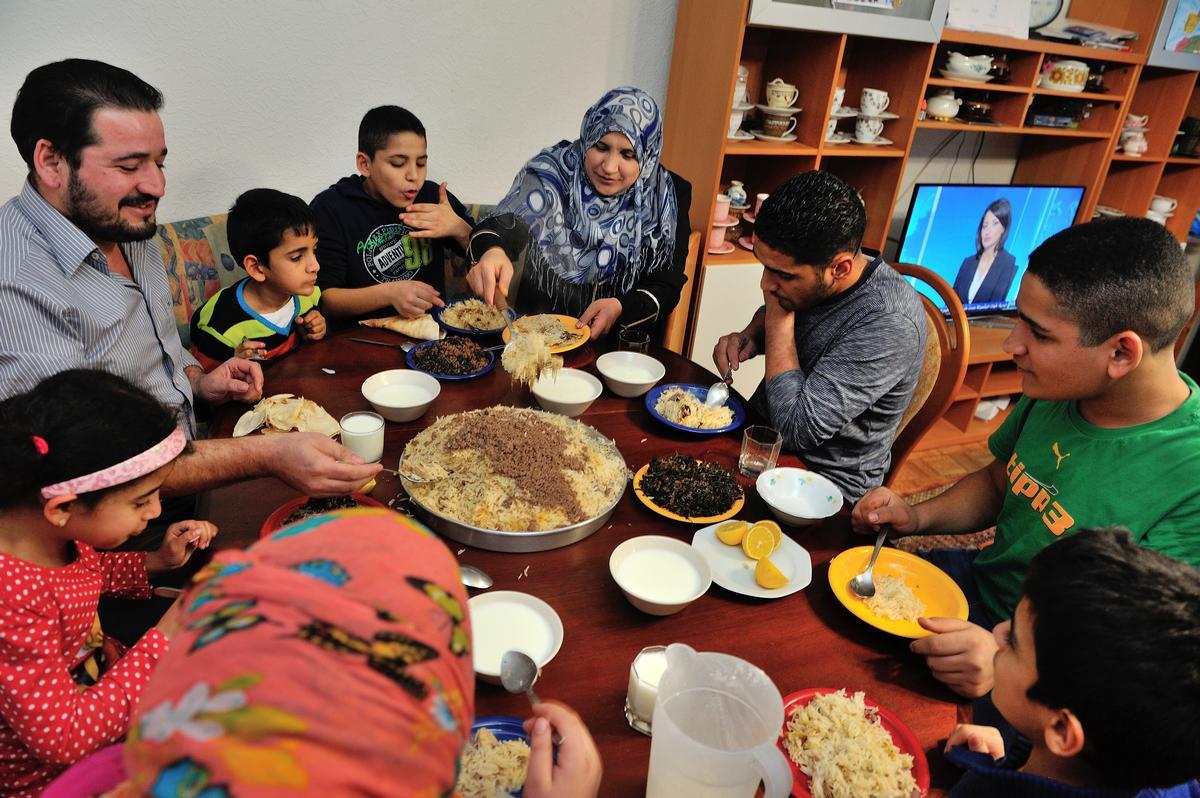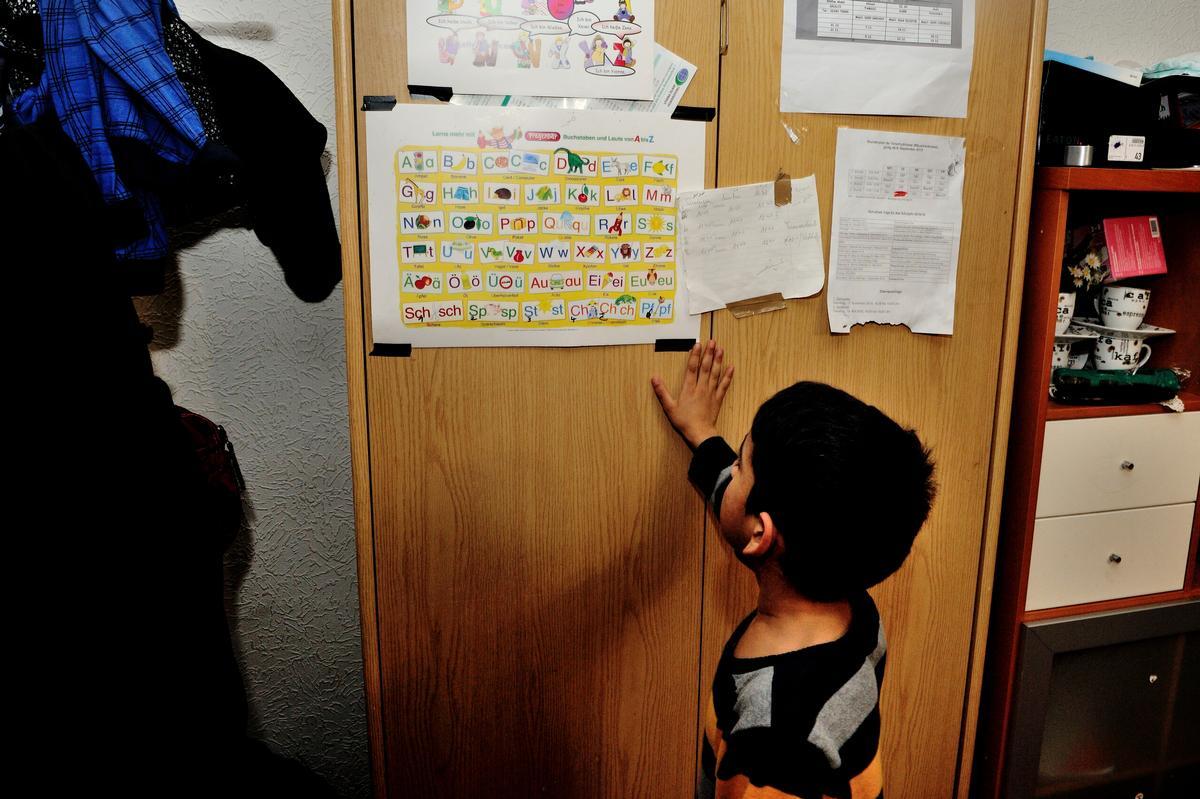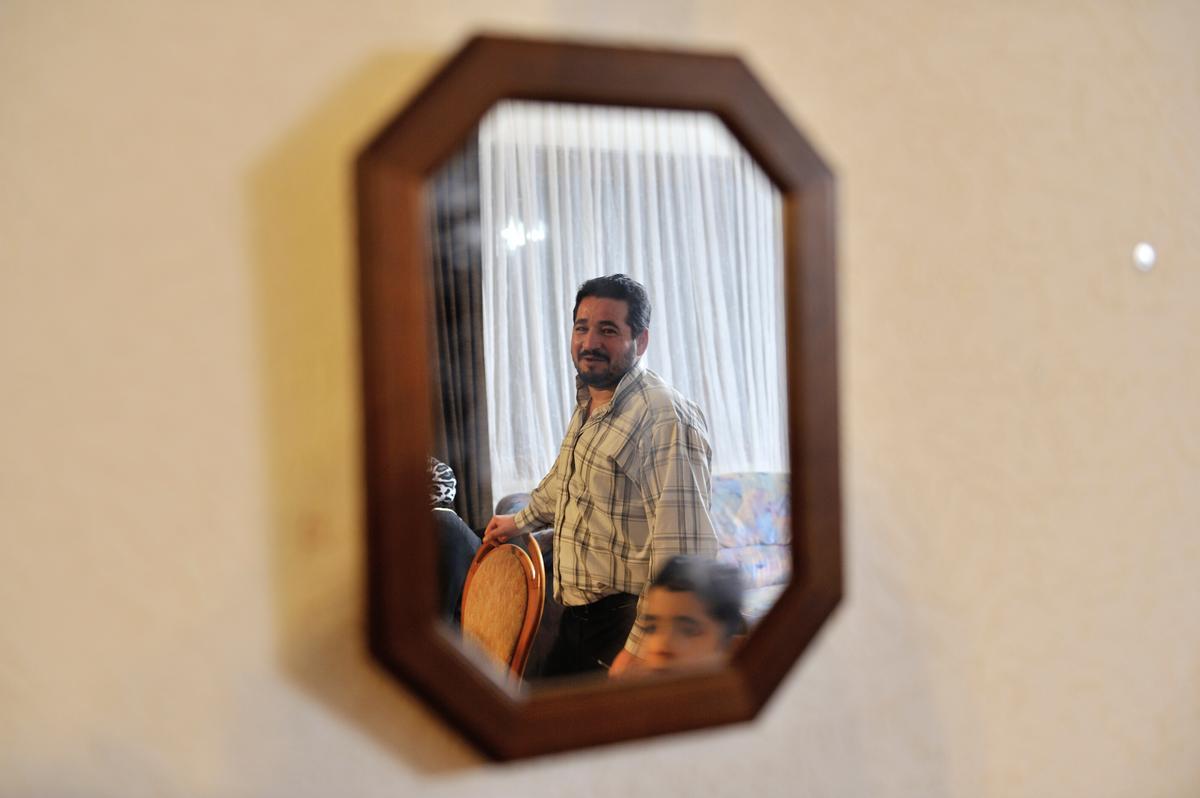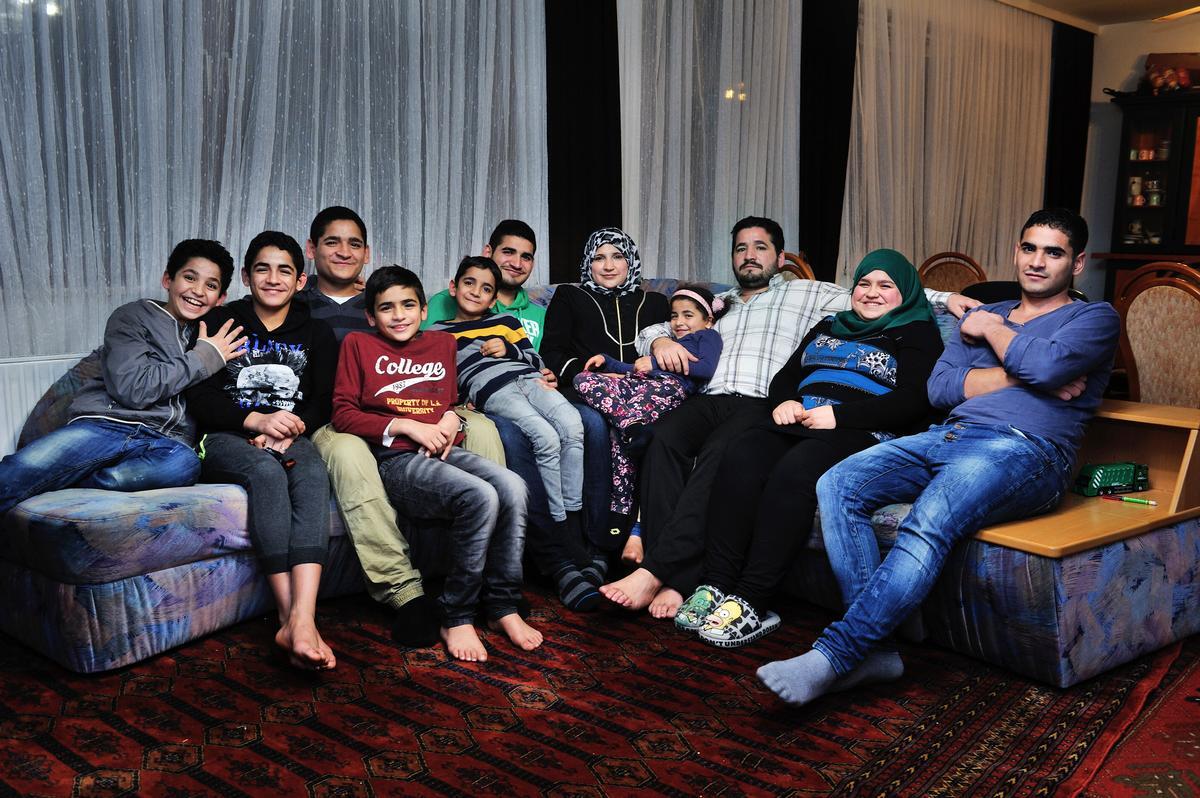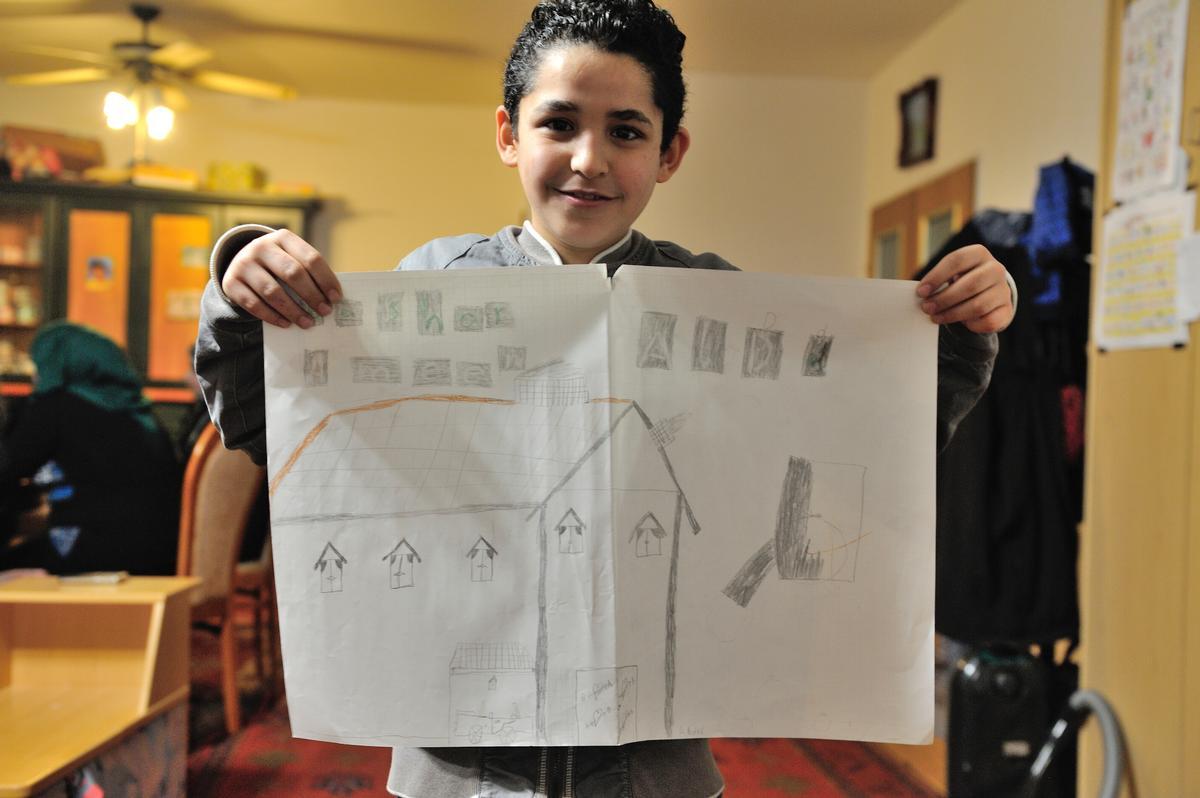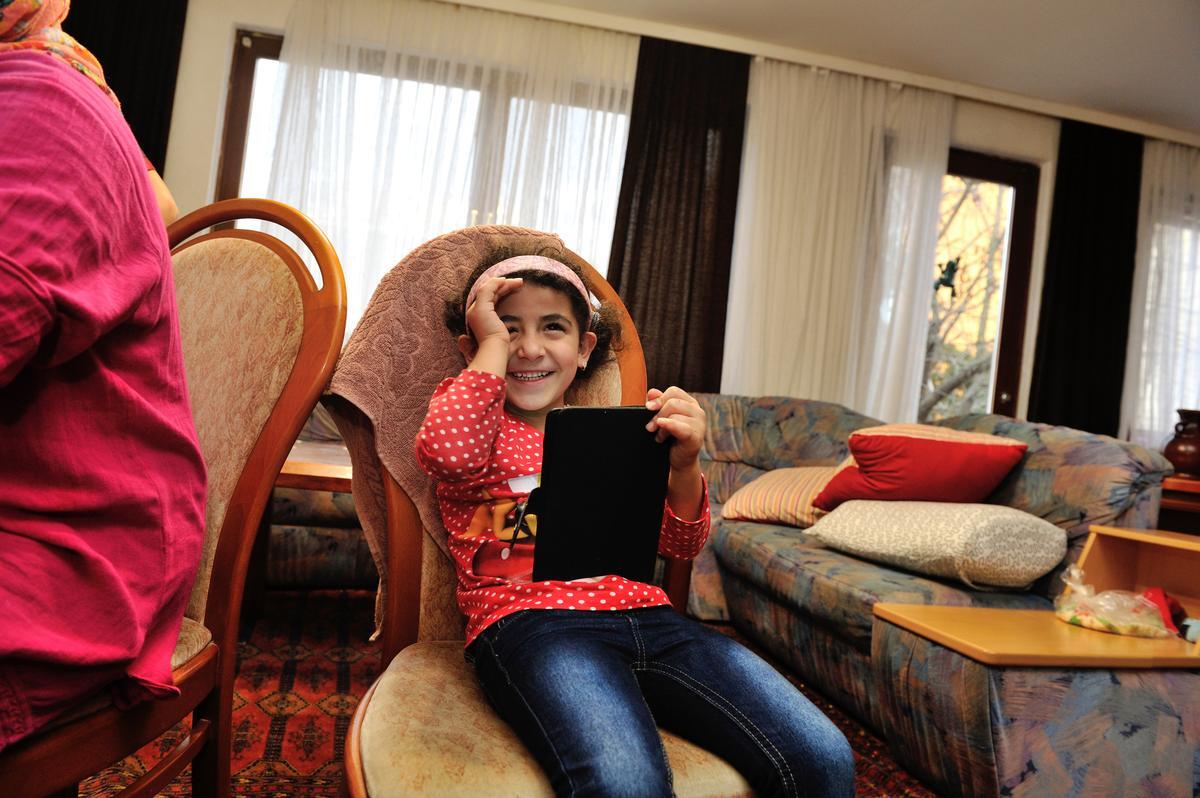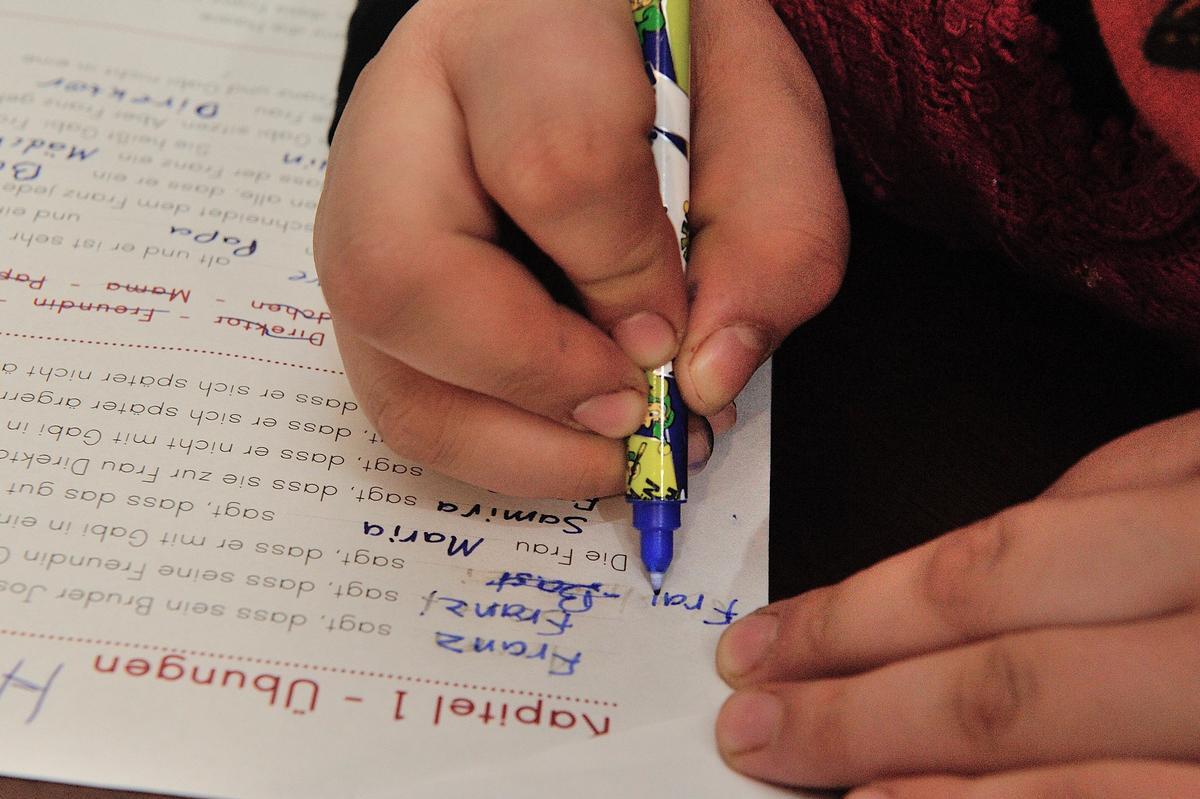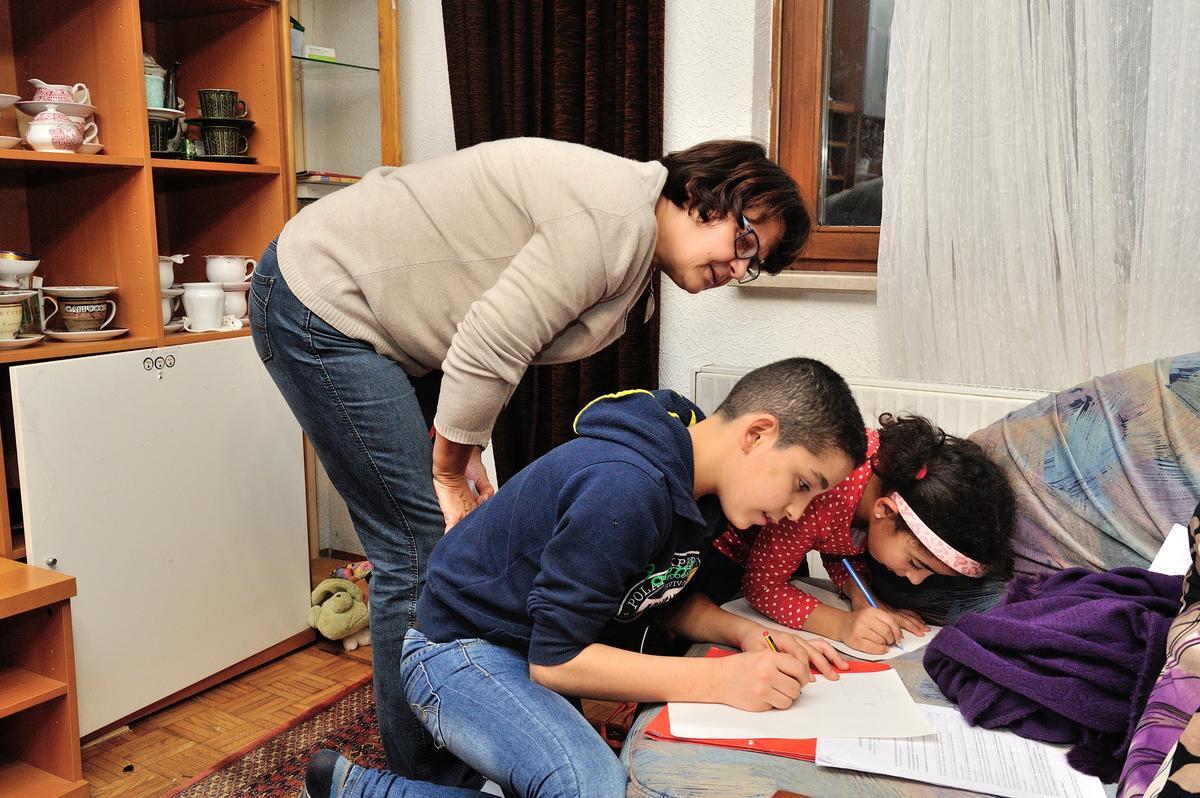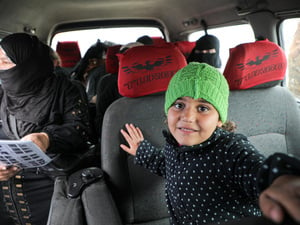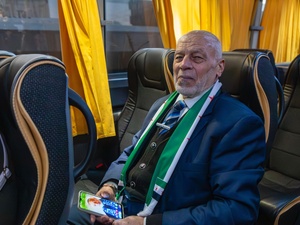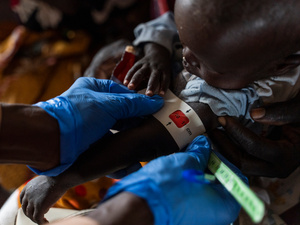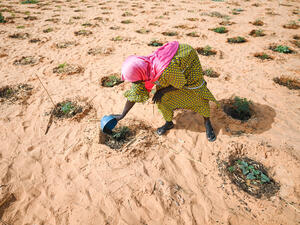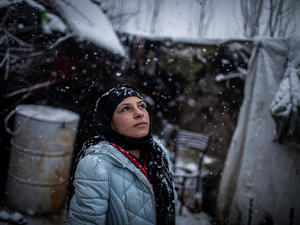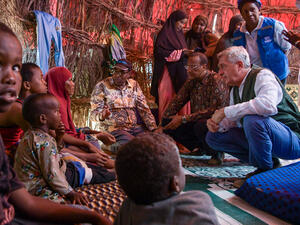Safety under one roof
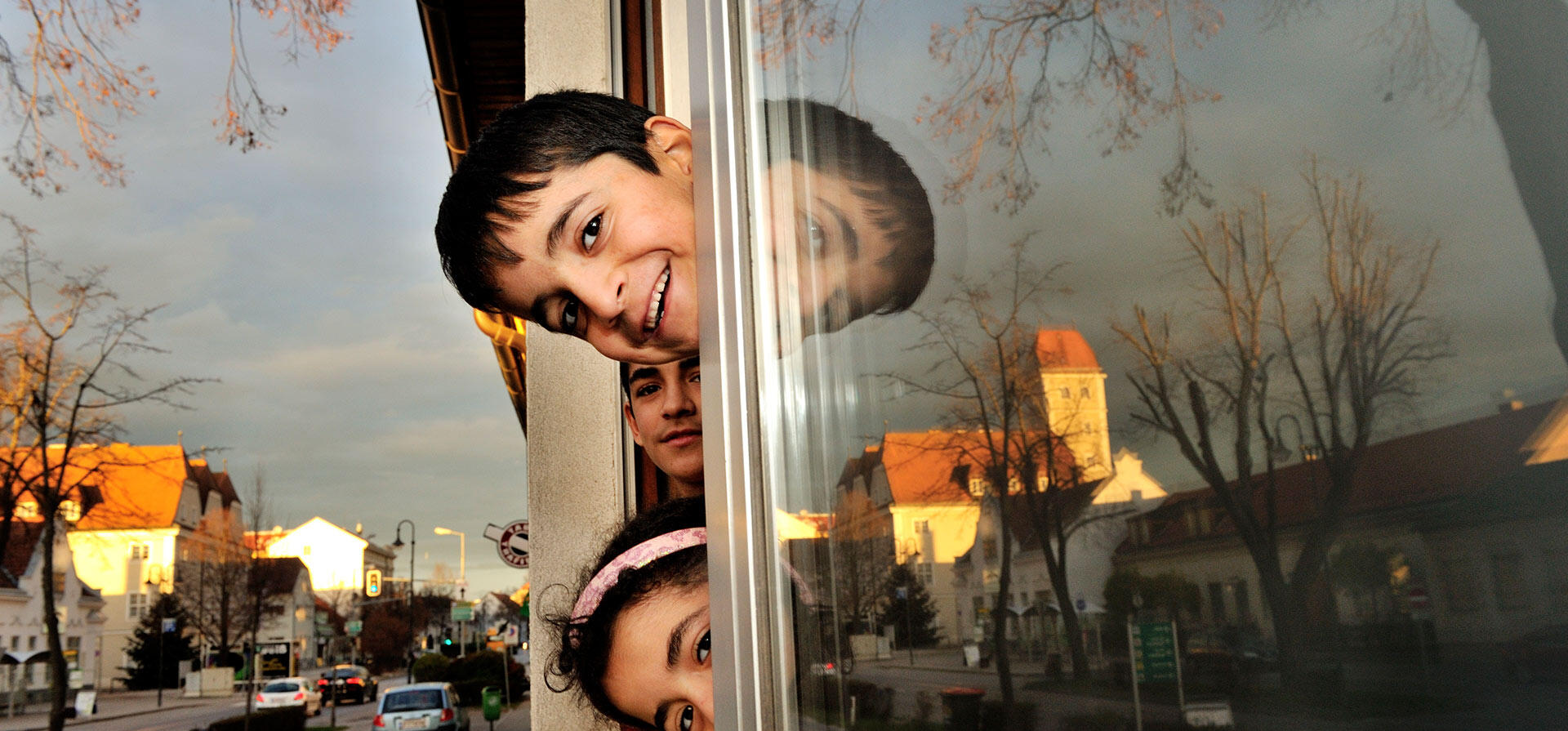
Safety under one roof
In a small Austrian town an hour's drive from Vienna, a tape recorder blares as the nine children of Ameen Al Dayoub and his wife, Izdihar, take turns to dance the Dabke. It is a happy, Arab folk dance performed on joyous occasions. These days they have much to celebrate.
"In Homs, in Syria, before the war, we often danced the Dabke... then the whole family of 40 people lived in a three-story Arab house," says 39-year-old Ameen. "Now we dance it because we are happy to have found a safe haven in Austria."
Ameen has not forgotten the happy times in his former home where he worked as a school bus driver, but says sadly those times are over "once and for all."
"Homs was a wonderful place. We never made a distinction between Alawites, Shiites, Sunnites or Christians," he explains. "Every Thursday afternoon after work, my friends and I, together with the family, would go to the coast and sit in cafes on the beach. We didn't even know what denomination our friends were. That kind of life in Syria has gone forever."
In 2011, the horrors of war were compounded by the discovery that three-year-old Thuraya was suffering from a life-threatening heart defect. The family pooled all their savings and scraped together enough to pay for emergency surgery.
Ameen remembers sadly: "All the most professional doctors had already fled... The ones left had good intentions, but the operation failed."
Their neighbourhood was then destroyed, a relative was shot dead. Together with their nine children, Ameen and Izdihar bundled their belongings into a taxi and fled. It was the beginning of a harrowing odyssey through war-torn Syria.
"I saw parents cradling their dead children. Streets were rivers of blood," recalls Ameen, with tears in his eyes. The family initially sought refuge in Al-Aideen camp in Homs, but life was no better and soon that also was hit by intense fighting. "We had no electricity, no heating, no gas, no water, no food and, above all, no security," says Izdihar.
"I saw parents cradling their dead children. Streets were rivers of blood."
Eventually, the family managed to cross the border into Jordan and reach the capital, Amman. There, as a result of Thuraya's heart condition, they were selected by UNHCR to be among 250 Syrian refugees included in Austria's first resettlement programme.
They landed at Vienna airport in the summer of 2014. Six weeks later, Thuraya was successfully operated on and, for the first time in five years, the family lived safely together in a three-room apartment provided by the Catholic aid organization Caritas.
Life in Austria was better but by no means easy. In such a large city, they were isolated. An elderly lady living below them constantly complained about the sound of the children running back and forth. Worried and lonely, Izdihar even felt homesick for Jordan.
Then, in January 2015, their lives changed again. The non-profit-organization Land der Menschen ('Land of the People'), which promotes better co-existence with immigrants, found a spacious single-family house with a garden for them in Gänserndorf. The faces of the entire family still light up when they remember first arriving there to find a welcoming committee waiting for them with a huge bouquet of flowers. Before long, volunteers from Land der Menschen, set up in 2010 to help with refugees, had collected furniture and clothes for the family.
"Not even back home in Syria did we ever experience such help and hospitality," Izdihar says, smiling at Maria, the head of the volunteer group, dubbed 'Mama Maria' by the children.
Marie-Claire Sowinetz from UNHCR Austria has been impressed by the local community. "Being welcomed from the beginning on really makes a difference," she says. "All the help and ongoing support they have received is so precious for their future in Austria, ranging from learning German together, mastering the daily life or simply having someone to talk to. Especially after all they had to go through – the war in Syria and the worries and fears for their little daughter."
Learning German is now the Al Dayoub family's first priority. Ameen and Izdihar's six youngest children all attend school in Gänserndorf, while the eldest three and their father have taken courses offered by the Public Employment Service Austria (AMS) in Vienna. Local volunteers also come to the house to help with homework and give additional German lessons.
Their neighbours can't fault the family. "I can say absolutely nothing negative about them," says one. "Thirteen-year-old Samira is always particularly friendly."
"Not even back home in Syria did we ever experience such help and hospitality."
But Izdihar misses her friends and relatives in Syria. "Every day I visited friends or they came to visit me," she says. "Most of my relatives are still in Syria. I can only communicate with them once a month on WhatsApp, but my children and my husband keep me busy."
Sunday is Izdihar's day off. Her husband takes charge in the kitchen and makes falafel and hummus. Having lost their wedding certificate in the chaos of war, Ameen and Izdihar plan to marry again in Austria this year. "They are a very loving couple and back each other," says Maria. "That's also very important for keeping together the family – they bear responsibility for so many people."
Samira hopes to be a hairdresser and enjoys exploring Austrian cuisine. "I can cook a few Austrian dishes," she proudly declares. "For instance, Apfelstrudel!"
And Ameen is determined to show his gratitude to Austria. Once he speaks better German, he hopes to work for the Red Cross or Caritas – maybe even Gänserndorf's volunteer fire brigade.
"Austria is already home for us," he says, happily. "I'm already an Austrian."

